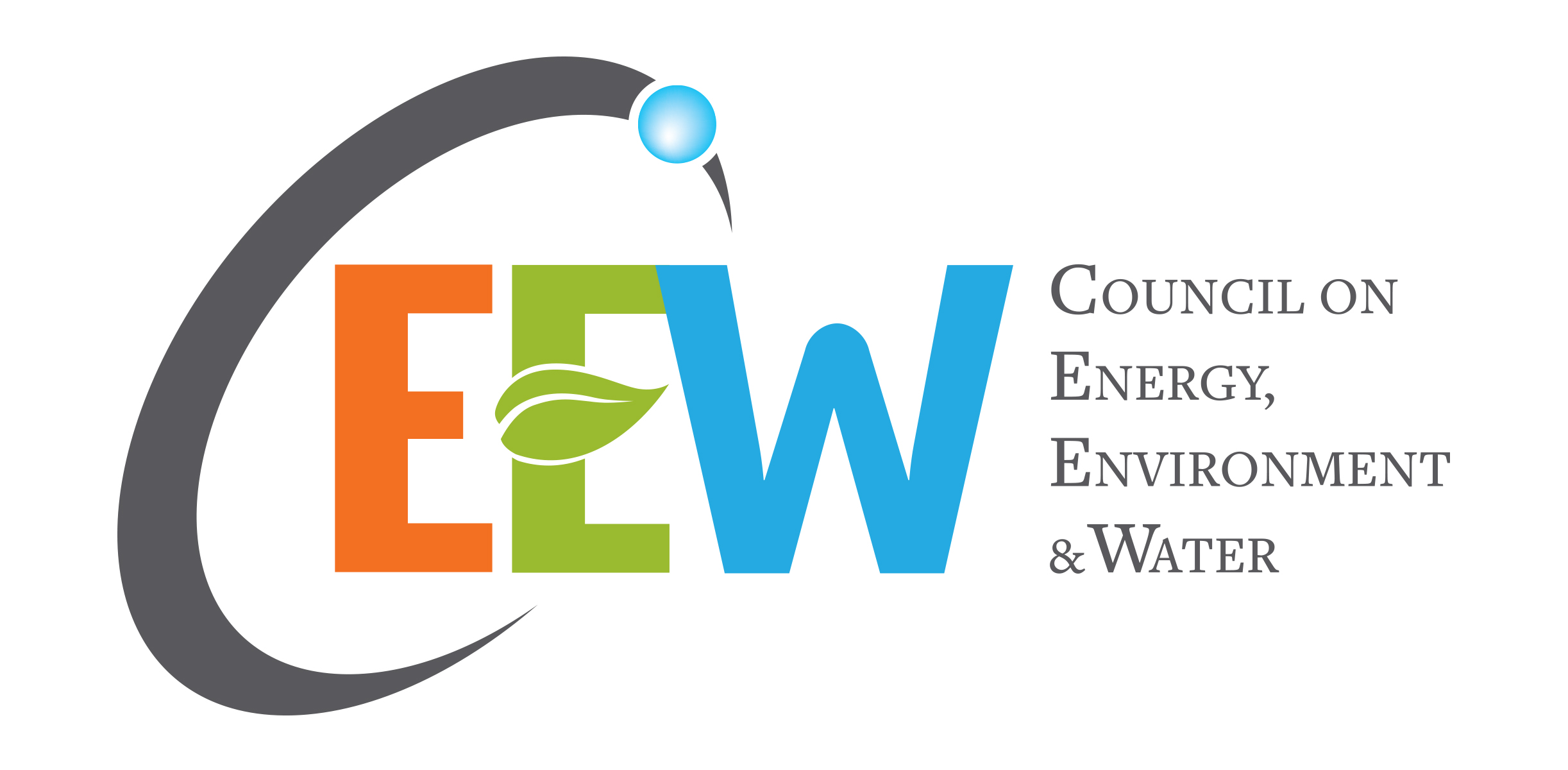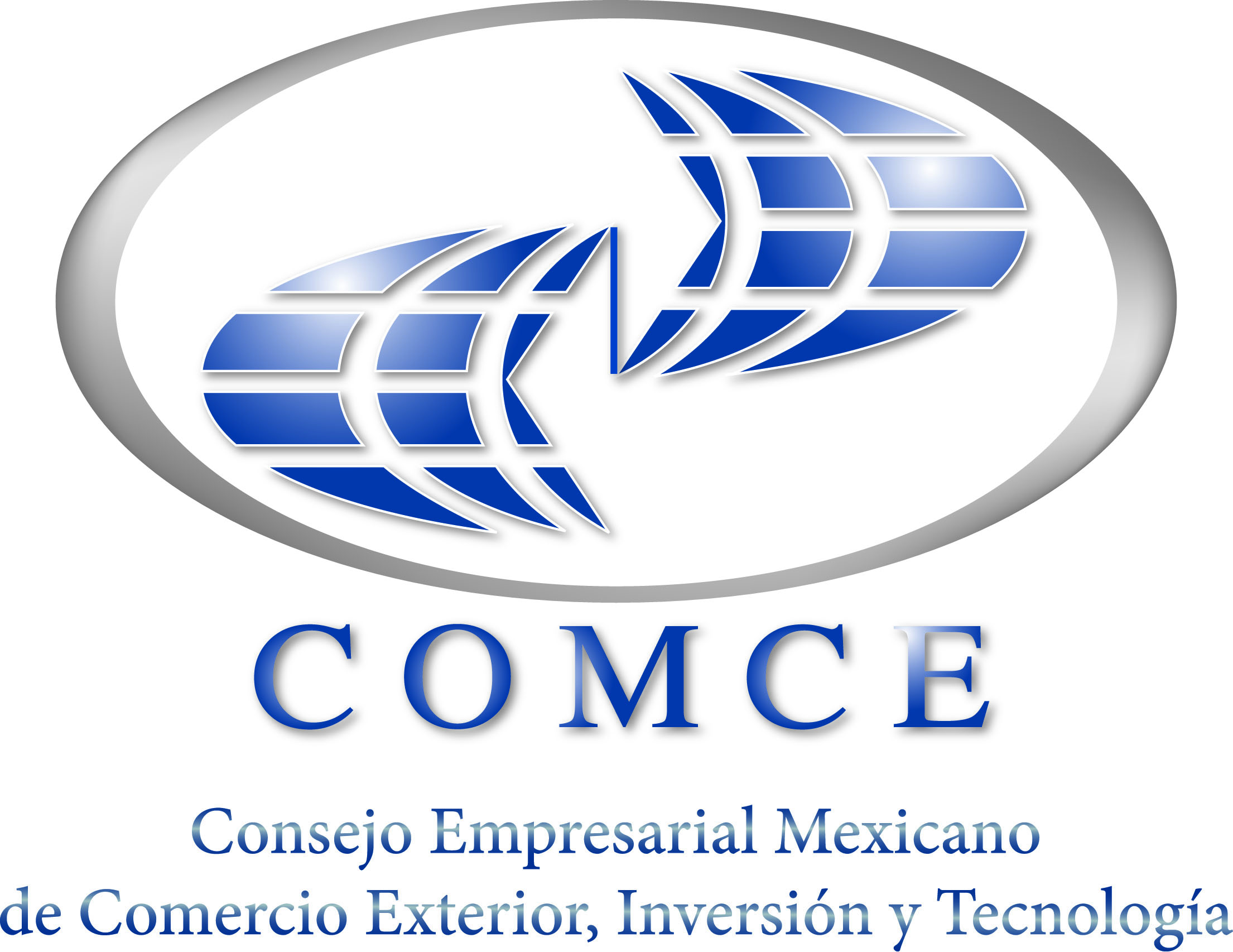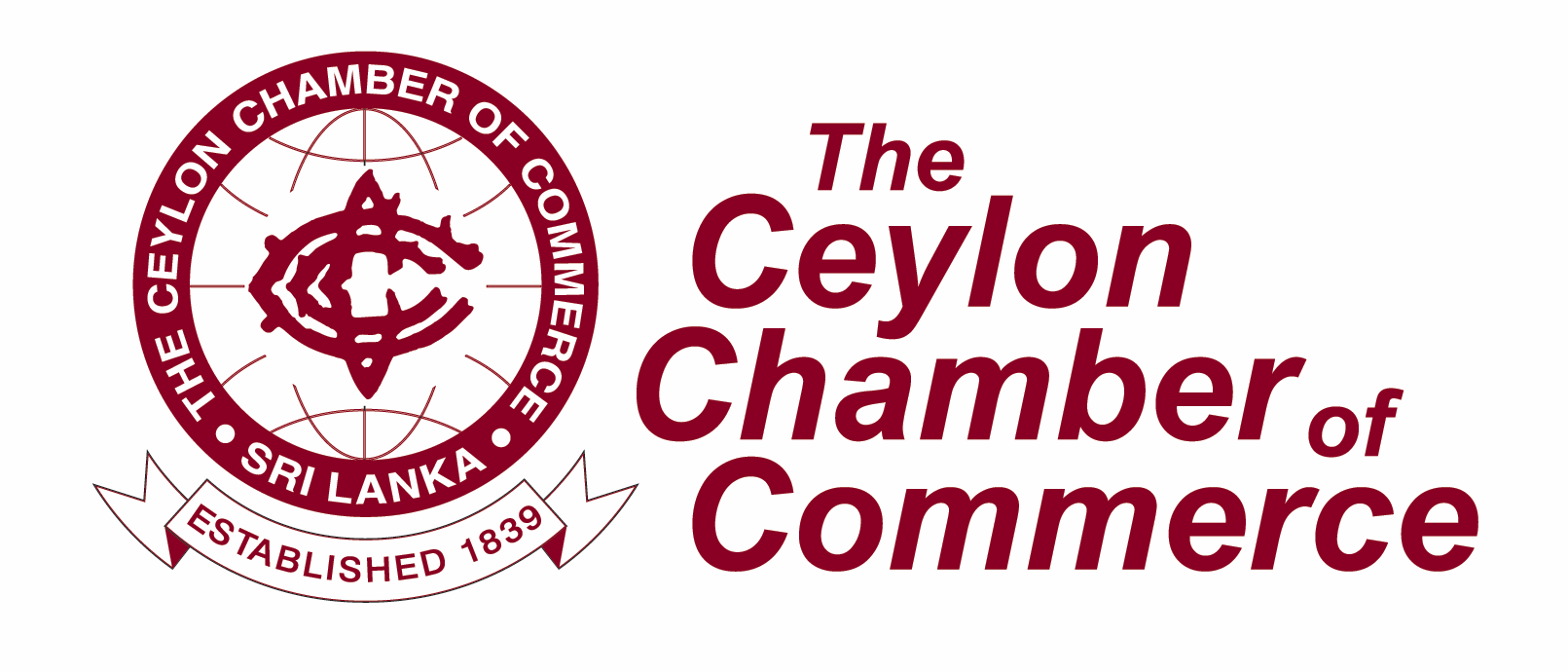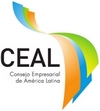 |
The Ministry of External Affairs is the Indian government agency responsible for the conduct of India’s relations with foreign countries. The Ministry is responsible for the country’s representation in the United Nations and advises other Ministries and State Governments when the latter have dealings with foreign governments or institutions. The current Minister of External Affairs is Sushma Swaraj.
For more information, please visit www.mea.gov.in/
|
 |
The Asian Strategy & Leadership Institute (ASLI) is Malaysia’s leading independent private Think Tank which is committed to the development of Asian leadership and strategic thinking. ASLI’s vision is to create a better society. ASLI’s mission is to help organisations enhance competitiveness, leadership and strategic capabilities through its public programmes, conferences, publications, policy research, business councils and CEO peer groups. ASLI provides trusted insights to governments, businesses and the diplomatic community. It also acts as a knowledge channel through interaction and dialogues with thought leaders. ASLI’s value propositions are its valuable insights, high-level interaction, thought-leadership and in-depth research studies. ASLI provides insights, ideas, implications and interactions.
ASLI’s Centre for Public Policy Studies (CPPS) was ranked 7th best Think Tank in Asia and 9th best in the world among smaller Think Tanks in a Global Report on Think Tanks carried out by the University of Pennsylvania and announced in the United Nations and World Bank in January 2013.
ASLI’s events have been addressed by Heads of State, Prime Ministers, Senior Cabinet Ministers, Captains of Industry and prominent Strategic Thinkers to discuss issues of strategic importance to governments and businesses. ASLI has, over the years organized high-level programmes focusing on bilateral business partnerships in Singapore, Indonesia, Philippines, Australia, Japan, USA, Canada, Britain, Germany, China and South Africa. ASLI is also the Malaysian Secretariat of various bilateral Business Councils.
For more information, please visit www.asli.com.my
|
 |
The Council on Energy, Environment and Water is an independent, not-for profit policy research institution. CEEW addresses pressing global challenges through an integrated and internationally focused approach. It does so through high quality research, partnerships with public and private institutions, and engagement with and outreach to the wider public. CEEW has been ranked as India’s top climate change think-tank two years in a row (ICCG Climate Think Tank Ranking). The Global Go To Think Tank Index has ranked CEEW as
– 1st in India among ‘Top Think Tanks with Annual Operating Budgets of Less Than $ 5Million USD’ (2013, 2014 also first in South Asia; 14th globally)
– 1st in India for ‘Best Institutional Collaboration’ involving two or more think tanks
(2013, 2014 also first in South Asia)
– 1st in India for ‘Best Policy Study/Report’ for its study on India’s National Water
Resources Framework (2013) In four years of operations, CEEW has engaged in more than 70 research projects, published more than 40peer-reviewed policy reports and papers, advised governments around the world over 80 times, engaged with industry to encourage investments in clean technologies and improve efficiency in resource use, promoted bilateral and multilateral initiatives between governments on more than 30 occasions, helped state governments with water and irrigation reforms, and organised more than 80 seminars and conferences.
For more information, please visit http://ceew.in/
|
 |
The Mexican Business Council for Foreign Trade, Investment and Technology (COMCE) is an initiative of the Mexican private sector to have an organization dedicated to promote foreign trade, investment and the development of technology. The national organization of COMCE was integrated in 1999 as a result of the merger of two private sector organizations: the Mexican Business Council for Foreign Affairs (CEMAI) which had been created in the 50’s, and the National Council for Foreign Trade (CONACEX). COMCE is a private, non-profit organization representing the Mexican business sector in the international area. It plays a leading role in the promotion and implementation of policies designed to help Mexican companies insert effectively into globalization. Promotes Mexican exports, foreign direct investment to Mexico and technology transfer and development. COMCE bases its operation in about 70 bilateral business committees with different countries, maintaining and developing the objectives of COMCE with any given country. Bilateral business committees are composed of business leaders with extensive international experience, which aim to promote the business interests of Mexico in the respective country.
For more information, please visit http://www.comce.org.mx
|
 |
India and Bangladesh, being the closest of the neighboring countries, have felt the need and desire for economic and bilateral trade cooperation on a long-term sustainable basis. Trade between the two countries has been growing rapidly since the early 1990s. India and Bangladesh offer natural markets for each other’s products. In their mutual trade, they enjoy the advantages of reduced transaction costs and quicker delivery due to geographical proximity, common language, heritage and physical infrastructures. On that ground, formation of a joint business chamber to boost trade between the two countries was a long felt necessity of the business communities of both the countries.
Keeping above scenario in mind, the chamber started its journey in 2007 with the following objectives:
– To solve bilateral business issues between India and Bangladesh.
– To increase the export of Bangladesh to India.
– To reduce the trade imbalance between India and Bangladesh.
– To encourage the Indian investors to invest in Bangladesh.
– To act as one stop business solution centre for the business communities of both the countries.
– To facilitate transfer of technology between the two countries, in respect of industrial and commercial innovations.
– To help set up an export-processing zone in Bangladesh where Indian investors will feel encouraged to invest.
– To help solve problems relating to issuance of visa for the businessmen of both the countries.
– To encourage cultural exchanges between the two countries.
– To pursue building infrastructural facilities in the borderland ports of Bangladesh.
– To take up other relevant business issues.
For more information, please visit www.ibcci.net
|
 |
TAU ranks number one in Israel in the number and impact of research publications, and among the top 100 universities in the world according to the 2012 Times Higher Education World Reputation Rankings. It is consistently selected the first choice of students from among Israel’s 69 colleges and universities. With over 30,000 students, TAU offers 125 schools and departments across the spectrum of sciences, humanities and arts together with Israel’s biggest medical teaching and research complex.
For more information, please visit www.english.tau.ac.il
|
 |
In recognition of an illustrious milestone in its history, The Ceylon Chamber of Commerce chronicles its journey as a legendary institution in the Asia Pacific region; a celebration of a 175 years of exemplary service to the business community in Sri Lanka. When the Chamber was founded on March 25, 1839 under the British Rule, the Coffee industry took precedence over the current prime commodity ‘Tea’ which has now excelled as the leading export commodity in Sri Lanka. The agriculture based services provided by the Chamber to its members, gradually elevated to value added services. Over a period of years, the Chamber which plays a catalytic role in the development of the business sector, changed its focus on identifying key issues to assist in the development of strategic plans to meet new challenges and opportunities. With the close rapport maintained with the Government sector, the Chamber continued to strengthen its role as a channel between the Government and the Private sector.
The Ceylon Chamber of Commerce, being the first to be established in Sri Lanka, is the prime mover of the Chamber movement in Sri Lanka. It was also the first Chamber to be represented in the Senate and House of Representatives in the days of Ceylon, first to be accepted as an affiliate member of Confederation of Asia Pacific Chambers of Commerce & Industry (CACCI) in 1983. Since then the Chamber has been a pioneer in introducing a diverse range of services to Sri Lanka, of which many will be highlighted in the following pages. The Chamber also has the unique feature of a Confederation of Chambers of Commerce and Industry, Trade Associations, Regional Chambers, Employer organisations and Bilateral Business Councils in Sri Lanka; claiming this status having formed alliances with 20 Regional Chambers, 38 Trade/Product and Service Associations and 21 Bilateral Business Councils.
For more information, please visit www.chamber.lk
|
 |
The Institute of South Asian Studies (ISAS) was established in July 2004 as an autonomous research institute at the National University of Singapore (NUS). The establishment of ISAS reflects the increasing economic and political importance of South Asia, and the strong historical links between South Asia and Southeast Asia.
ISAS is dedicated to research on contemporary South Asia. The Institute seeks to promote understanding of this vital region of the world, and to communicate knowledge and insights about it to policymakers, the business community, academia and civil society, in Singapore and beyond.
For more information, please visit www.isas.nus.edu.sg
|
 |
Business leaders from 18 Latin American countries are members of the Business Council of Latin America (CEAL), a non-profit network established in 1989. CEAL fosters regional integration and international interactions through the active role of entrepreneurs. CEAL comprises representatives from all productive sectors – agribusiness, mining, manufacturing industry, banking, services — and stimulates cooperation between business and other social actors. Starting in 2002, Basic Education is the major ongoing social project of CEAL. The roster of CEAL includes some of the most prominent business leaders from all over Latin America. The mission of CEAL is to stimulate the participation of entrepreneurs in cooperative exchanges, particularly in fields in which the private sector can contribute to strengthen reciprocal ties and promote social and economic progress. CEAL is a response to global trends that gained momentum in the 90s, such as market liberalization, trade opening, and privatization. These conditions have strengthened regional integration in the Americas and prompted the private sector from Latin America to become more internationalized. Integration in the world economy relies on the leadership and commitment of the Latin American business community. CEAL is fully aware of this responsibility and therefore its main objective is to encourage private action as an agent for change.
For more information, please visit www.ceal.co
|







